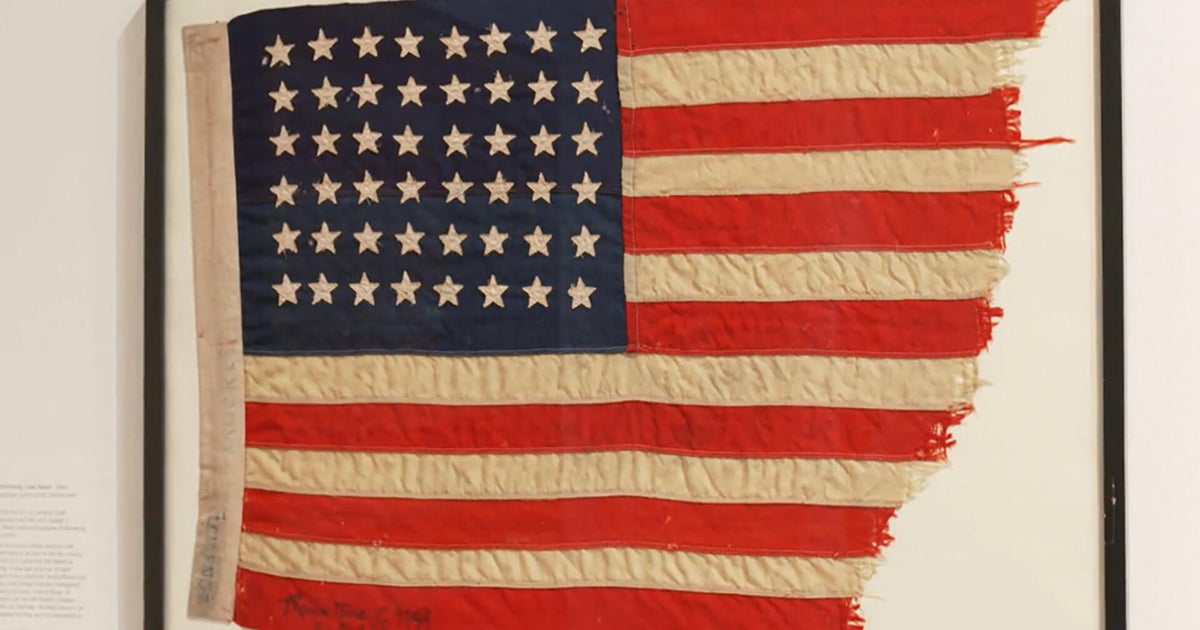That will add to the millions of travelers who have already had their flights delayed, disrupted and even derailed altogether. It doesn’t have to be this way. Even the socialists in Canada have figured out that a private non-profit can reliably control air traffic better than a government bureaucracy. And with the prospect of another government shutdown just months away, our current system is a glaring vulnerability a tether to the whims of Washington when the private sector could do it better without all the drama. Privatizing air traffic control, as Canada and dozens of other nations have successfully done, offers a reasonable path forward. It’s time to remove this essential function from the political crossfire which has allowed funding to lapse 14 times since 1980 and entrust it to a non-profit, user-funded corporation. Privatization would fund air traffic control through fees on airlines and private aircraft fees already collected but currently funneled through volatile appropriations. No more shutdowns. No more chaos. Moreover, a non-profit corporation would have the freedom to expand training of the air traffic controllers in short supply under a government system that has restricted access to education in parochial political battles in Congress. Critics on the left fear privatization means corporate greed will compromise safety. They point to for-profit models and conjure images of cost-cutting at the expense of lives. But the proposal isn’t a Wall Street takeover; it’s a non-profit corporation, modeled after Canada’s Nav Canada. Safety? Transport Canada’s oversight ensures standards are similar to FAA benchmarks, with accident rates on par with the US since privatization. The FAA would retain ultimate safety certification and oversight, much as it does with aircraft manufacturers like Boeing. And unions are banned from striking. Non-profit air traffic control could eliminate the troubling technological incompetence that plagues the FAA’s $25 billion annual budget, much of which funds legacy systems from the 1970s. The NextGen modernization program, planned since 2003, remains mired in delays and cost overruns. It was originally set to be implemented this year, but internal FAA reports show much of it won’t be in place til the 2030s if then. The FAA’s excuses for this delay are comical. Nav Canada, by contrast, upgraded its radar and satellite systems on time. Some argue we should just take their technology and move it here. There’s something in this idea for everybody. Democrats secure ironclad safety regulations and union protections that are already working globally. Republicans gain fiscal discipline and a smaller government. Before the shutdown, Trump’s transportation secretary said this was a no-go for them. “To have a fight about privatization is just going to divide people,” Transportation Secretary Sean Duffy said at a press conference earlier this year. “And what that’ll actually do is make sure that we don’t actually build a brand new air traffic control system.” Nothing could be more popular than getting Donald Trump and Chuck Schumer out of the cockpit. Germany, the United Kingdom and Australia have all already kicked their prime ministers to the curb; we should do the same with our politicians. There’s already several pieces of legislation in Congress to get this done, and public outrage at the shutdown could be just the catalyst we need. David Mastio is a national columnist for The Kansas City Star and McClatchy/Tribune News Service.
https://www.bostonherald.com/2025/11/18/mastio-privatize-air-traffic-control-escape-political-drama/
Mastio: Privatize air traffic control, escape political drama



